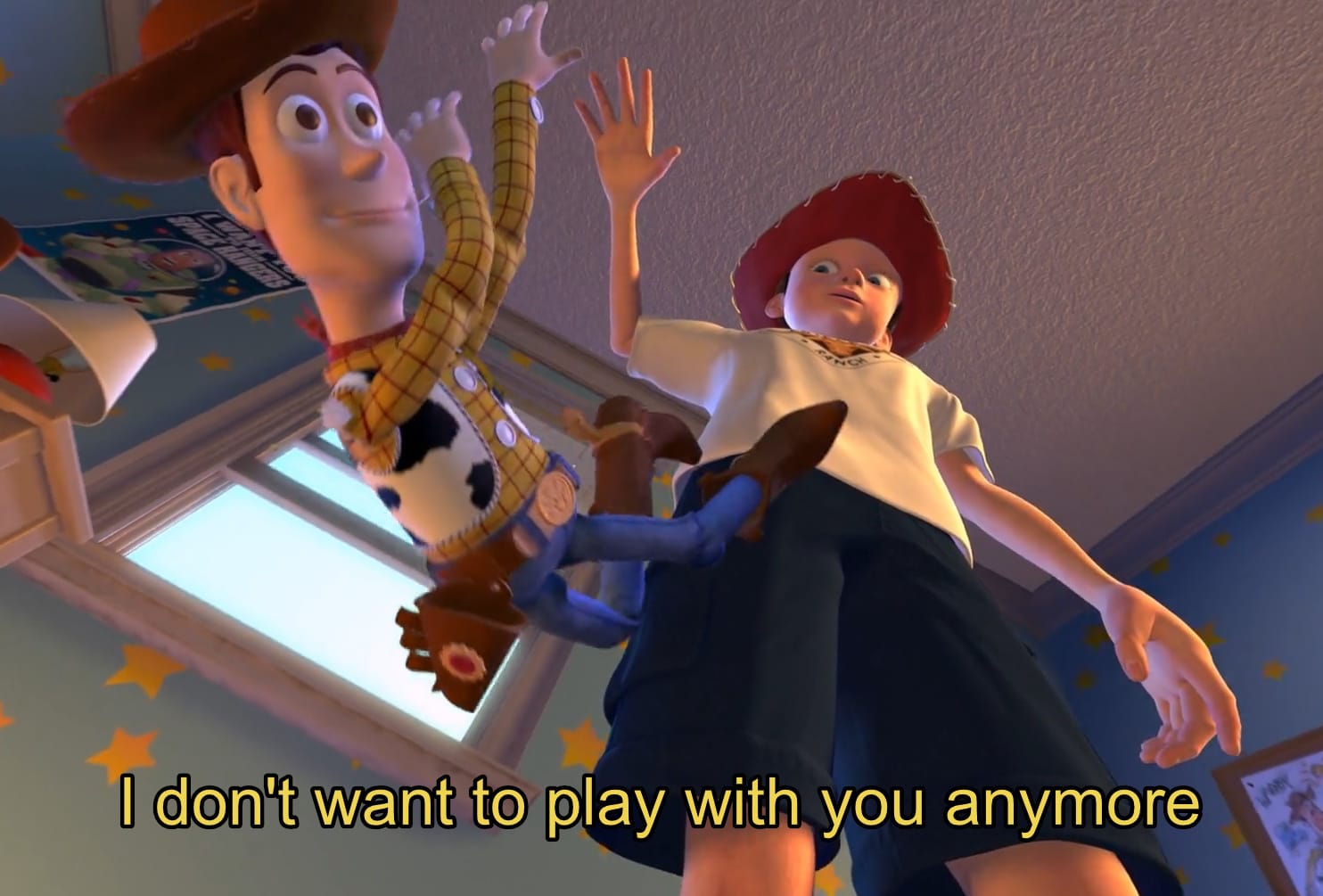It’s been a year, so let’s talk about Elon’s self-created mess one more time

I haven’t written about Twitter (now X) in a while on this site, mostly because it’s just gotten boring. How much is there to say about a product that I don’t use and seems to simply be getting worse by the day and is losing users? But it’s been a year since Elon Musk’s takeover of the company, and Casey Newton has an article out this week with a bunch of gems, so let’s dive in.
And that transpired more or less exactly as written, though it left out the impact of Musk’s equally whim-based approach to software development. Musk temporarily banned critical journalists and stripped the rest of their verification badges; he ordered the development of a system that showed his tweets first; he removed headlines from links and created a system that funded the spread of misinformation. He restored banned users to the platform and sued a nonprofit that accused the company of spreading hate speech.
Just playing the hits here, but it is absolutely worth mentioning that especially early on in his tenure, we had numerous instances of him blocking speech he didn’t personally like. In fairness, I don’t think we’ve had an instance of that happening more recently, but it’s a good reminder that once you get power, you want to use it.
It’s also worth thinking about in the cringy “public square” argument that X is a wholly unsuitable place for those sort of “square” to exist today. X is not a public place open to anyone, and it’s privately owned and runs at the whim of a single individual. Mastodon is decentralized and open, Threads is run by a public company with a board of directors, but X is whatever Elon wants it to be and no one can tell him no (and based on what we’ve seen, it seems he’s surrounded by yes men).
On Blind, a pseudonymous network for discussing workplaces, current and former employees were asked to vote this week on whether X’s product was better or worse than Twitter’s was a year ago. At press time, 79.4 percent of employees said the product was worse.
Flash back to Linda Yaccarino’s Code interview where she asked the audience who wouldn’t want Elon Musk to be in charge of product, only to see most of the crowd raise their hands. I know people still use X all the time, but I don’t know anyone who also says it’s gotten better.
When Elon Musk walked into Twitter a year ago, he assumed that because the company was broken — wrecked by years of mismanagement and product stagnation — the product must be too. As the months went on, though, he himself broke the product, in big and small ways. And within an astonishingly short amount of time, one of Musk’s greatest rivals found that to seize the opportunity he didn’t need to give users innovation at all. Zuckerberg only needed to give them Twitter.
I don’t think it can be overstated how much Threads has taken off by being a more basic Twitter clone without all the new bullshit.
Having eliminated most of the company’s content moderators, Musk’s X relies heavily on Community Notes, a crowd-sourced fact-checking tool that has proven inadequate against the flood of misinformation shared by paid accounts in the wake of the Israel-Hamas conflict. “You’re bringing a spitball gun to a lethal fight,” Perez said.
I’ve heard Ben Thompson gush about community notes, so this article intrigued me. Let’s take a look at the article referenced:
“All weekend we were furiously vetting, writing, and approving Community Notes on hundreds of posts which were demonstrably fake news,” Kim Picazio, a Community Notes volunteer, wrote on Instagram’s Threads. “It took 2+ days for the backroom to press whatever button to finally make all our warnings publicly viewable. By that time... You know the rest of that sentence.”
And:
The situation became so dire that Musk, who has been vocally outspoken about his distaste for content moderation, urged users to “please try stay as close to the truth as possible.”
With his gutting moderation and payout system that incentivizes engagement over truthfulness, this does feel like a warden standing above a prison riot yelling “please, let’s all get along!” as the scrum continues unabated.
Finally, here’s Axios with some numbers on Elon’s first year, which includes basically everything going down, but there are 2 bright spots called out:
- First-time downloads are flat. Not up, mind you, but flat, and that’s considered good news at this point for the company. Given the same reports says user churn is up 30%, it seems fewer people are sticking with the app than used to.
- Elon’s posts get more traffic than before the acquisition. I guess good for our guy Elon, even though he’s previously had his teams artificially boost his own posts in the algorithm when he didn’t think he was getting enough attention.
So here we are a year after Musk took over my favorite social network, and I’m happy to say I have not posted there in basically a year, and a month ago I made my account private so no one new would find me and expect me to do anything there. Currently, Mastodon is my social home on the web. I love the experience there, and my previous complaints about the weird vibe there have faded away over time. It’s where I talk to my fellow nerdy friends, and it’s great. I’m also using Threads quite a bit, and it’s scratching the more mainstream “just show me fun posts” itch that I used to get from the official Twitter app.